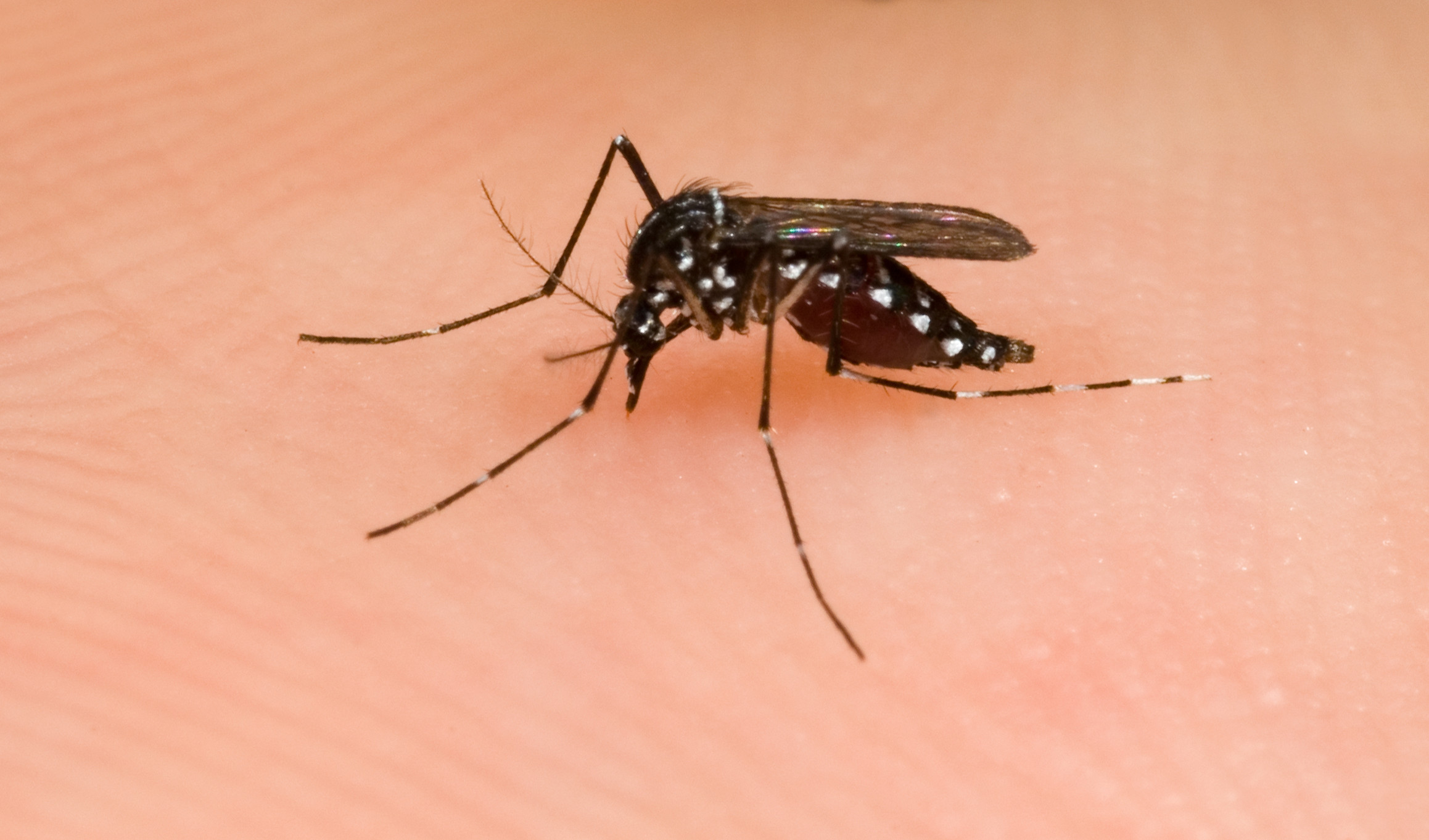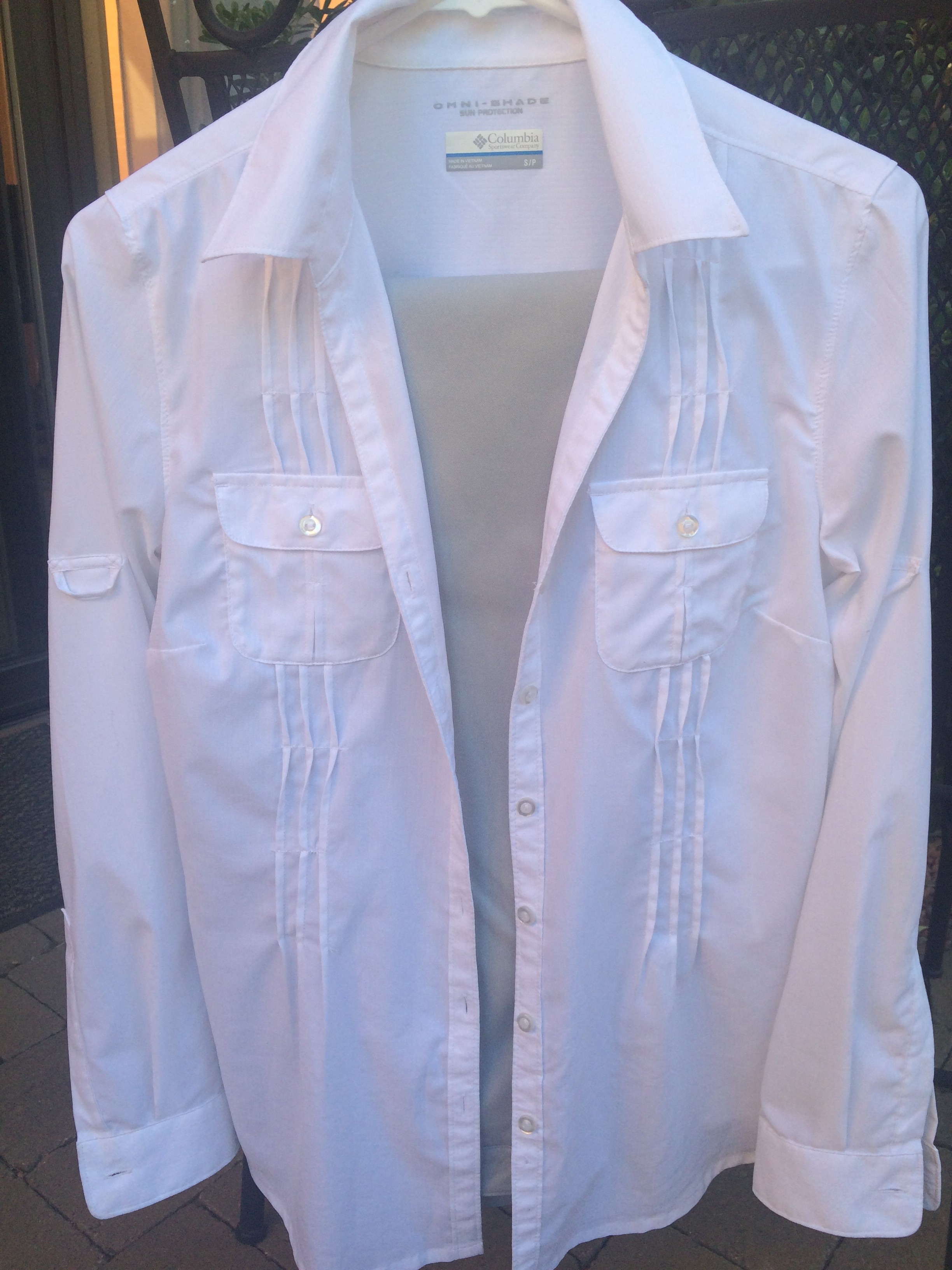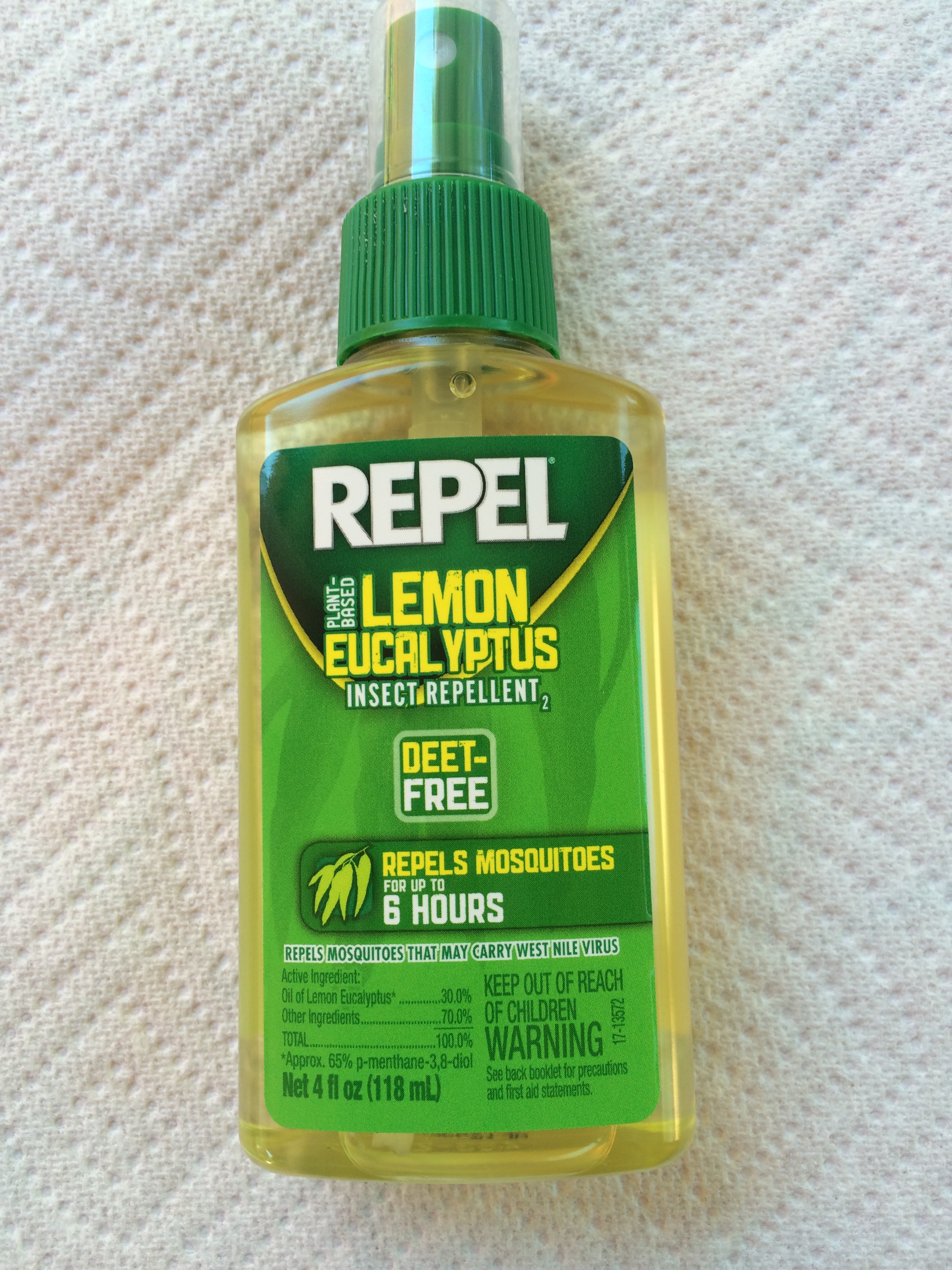Avoid Zika and Other Mosquito-Borne Diseases
Effective Zika prevention: CDC-recommended mosquito bite strategies, repellent use, and protective clothing. Safeguard your tropical travels with expert tips.

Fun in the sun. Leisurely strolls among lush plants. A worry-free life. That’s what trips to the tropics were like. That is…before the Zika virus, before reports of babies born with abnormally small heads, before the Centers for Disease Control issued a Level 2 Travel Alert, and before the World Health Organization called Zika a public health emergency.


Most people infected with the Zika virus show few ill effects. However, for an unfortunate few, the virus can cause serious birth defects, paralysis, swelling of the brain and spinal cord, and perhaps more. And Zika is not the only disease caused by mosquito bites. There’s yellow fever, malaria, plus dengue and chikungunya, courtesy of the same Aiedes mosquito that spreads Zika. These are all good reasons to avoid getting bit by a mosquito.
Luckily there are many things you can do to greatly reduce your chances of getting Zika and any other nasty mosquito-borne disease. There are treatments for malaria and a vaccine for yellow fever, but neither of these is available for Zika and the others. So your best defense against Zika is a defense against mosquitos in general. Avoid their bites. You can do this by protecting yourself and your environment.
To build this defense it helps to know what mosquitos like. Then you can do the opposite. Mosquitos are attracted to warm, wet, dark, and still places. One of their clues to food is a whiff of carbon dioxide. So make it hard for them to like you. Here’s how:

Make yourself unattractive (to mosquitos)
1) Cover as much of yourself as possible with light colored or bright clothing. Make sure it is tightly woven and does not cling to your body. Any travel garment that is advertised to protect you from the sun also protects you from mosquitos. Some examples can be found on Amazon.
2) Avoid gaps in your clothing where mosquitos can enter. Tuck shirts into your pants and tuck pant legs into your socks.
3) Keep your cool. Mosquitos search for carbon dioxide (CO2), the gas we exhale. Exercise increases body heat and CO2 production. Some people just naturally exhale more CO2: those who are overweight, pregnant, or have a higher resting temperature.
4) Eat and drink sensibly. Your CO2 can increase when you drink alcohol or eat spicy food. Limit your consumption of beer. Mosquitos love beer drinkers. Some people think mosquitos are repelled by garlic. Eat some.
5) Avoid perfume or other scents. Mosquitos are attracted to flowers. Best not to smell like one.
6) Avoid outings at dawn or dusk. That’s when the wind dies down. Mosquitos don’t like a breeze.
7) Know your blood type. A study in the Journal of Medical Entomology showed that mosquitos are more attracted to people with type O blood.
Make the environment unattractive (to mosquitos)
1) Avoid standing water…especially dirty standing water. That’s were mosquitos breed.
2) Enjoy an air conditioned room. No mosquitos there. Or stay in rooms with a physical barrier such as ones with screens and no cracks in the walls and ceiling.
3) When camping, sleep under a canopy of mosquito netting. Or use mosquito netting inside if you are in a room that is not well-protected.
4) Find a breezy spot or sit near a fan. Mosquitos will fly close to the ground to avoid a breeze, so keep the fan low.
5) Try burning citronella candles. The research is mixed on this one, but couldn’t hurt.
Use mosquito repellant wisely
There are different kinds of mosquito repellants, some containing more natural substances than others. The insect repellant that is right for you and your trip depends on how long you need it to last, your medical history, and your sensitivity to the ingredients.

The Environmental Protection Agency has a search engine where you can enter search terms to help find the insect repellant (of the 629 listings) that is best for you. https://www.epa.gov/insect-repellents/find-insect-repellent-right-you
Consumer Reports studied the effectiveness of fifteen insect repellents and made the results available to all. See their ratings.
Some general guidelines:
1) Do not spray the stuff all over your body, on damaged skin, or in the air so that you inhale it.
2) Be selective. Put it on places that are exposed and that mosquitos like best. Your ankles, elbows, wrists and forehead, where your skin is thin and easier to bite, are targets.
3) Make it your last layer. Use it over sunscreen, over makeup, over clothing.
4) Use a lower concentration and apply more frequently. A product with a lower percent of some ingredients, like DEET, works just as well as a higher percent. It just doesn’t last as long. You can always reapply.
Bottom line: Choose the right product for you. Follow the instructions carefully. Don’t overdo it.
Follow the Zika trail
Zika virus information is a moving target. People travel, mosquitos travel, and the information on Zika is expanding as scientists and health officials work hard to contain the negative health effects. Find the latest from the Centers for Disease Control at http://www.cdc.gov/zika/ and the World Health Organization at http://www.who.int/mediacentre/factsheets/zika/en/
Study up. Then dig out those light colored duds from your closet, buy some insect repellant that works for you, enjoy happy-hour indoors, find a breeze, and lose some of the worry about your next fun-in-the-sun adventure.




